The Authentic Story
Authentic storytelling highlights issues and encourages people to share information. Few would deny that authentic stories have the potential to drive considerable social impact. These stories are stories for purpose.
Over the next couple of blogs I will be taking a look at ‘Stories for Purpose’; what are they, how do we capture them, and how and when do we use them.
Q. What makes a great story for purpose?
A. Authenticity
The idea of authenticity has to do with realness and truth; it’s about ‘telling it like it is’. An authentic story is a story that is told with integrity, it is intimate and personable, it feels like we are right there, a part of the story. Authentic storytelling conveys real emotions, builds relationships and communities.
At the Story Catchers we specialise in authentic stories for purpose. We are all about using story to organise various kinds of information that we capture from characters and events and unifying it all as a whole.
Authentic stories do not just materialise, they are strategically planned, well crafted and designed as to achieve measurable outcomes that can be used for a variety of purposes including visual monitoring, evaluation, and reporting.
When we are talking about data; the numbers, it is authentic stories that connect the data points, thus giving greater meaning to these figures.
“Authenticity is a collection of choices that we have to make every day. It's about the choice to show up and be real. The choice to be honest. The choice to let our true selves be seen.” Brene Brown
Capturing authentic stories?
There are a few essential attributes of the ‘story catcher’ that are needed to capture authentic stories:
Vulnerability: in order to be vulnerable you must be open and honest. I will always share a story about myself that is honest and authentic (make sure that it’s not gossip, judging, negative, exaggerated, dogmatic or complaining). Story is a way to reach out to people and emotionally connect.
Connection: the easiest way to keep the connection open is to listen whole-heartedly to your storyteller. When we are listening whole-heartedly it is almost impossible not to connect to the storyteller and their story.
Listening: is the key to all great story catching, it deepens our understanding and relationship with each other and empowers the storyteller in sharing more. If we are truly listening we are not only respecting the storytellers story, we are also offering as much of ourselves as the storyteller is.
Respect: Storytellers need to know from the outset that their voice is respected and valued by the story catcher. Understanding that story is one of the most personal things that someone will share with you, will open the door for a more authentic story to be told.
“Stories affirm who we are. We all want affirmations that our lives have meaning. And nothing provides a greater affirmation than when we connect through stories. Andrew Stanton- Director, Producer and Screenwriter.
Next Blog
Telling Stories for Purpose
Part 2 - The Ethics of Story Catching.

